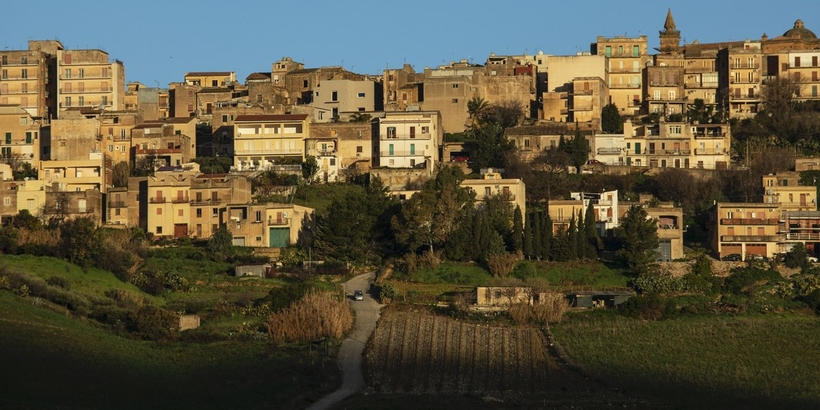An ancient Sicilian hamlet surrounded by peach and olive groves has joined the list of Italian towns fighting depopulation by selling houses for about $1 apiece.
The mayor of Bivona, however, has realised that simply offering dream homes for the price of an espresso no longer works: as many as 16 other towns have already signed up for the scheme. “We need to be more competitive, so we have decided to throw in tax cuts as well,” said Milko Cinà.

